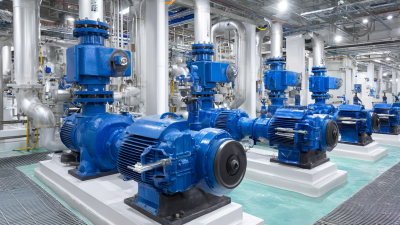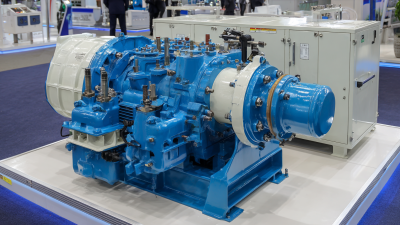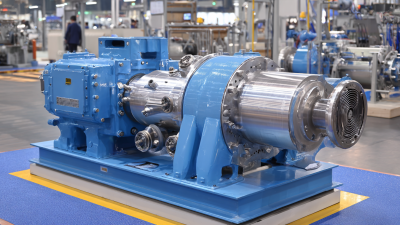Sealless Pumps for a Safer and Greener World


In the ever-evolving landscape of modern industrial applications, the role of a pump specialist has become increasingly crucial. According to a recent Market Research Future report, the global pump market is projected to reach approximately $60 billion by 2027, driven by advancements in technology and a rising demand for energy efficiency across various sectors. As industries strive to optimize their processes and reduce operational costs, the expertise of a pump specialist becomes indispensable. These professionals are tasked with not only selecting and maintaining the appropriate pumping systems but also ensuring compliance with ever-stricter environmental regulations and industry standards. Their involvement in design, installation, and troubleshooting significantly enhances operational reliability and performance, positioning them as key players in the quest for sustainable and efficient industrial processes.
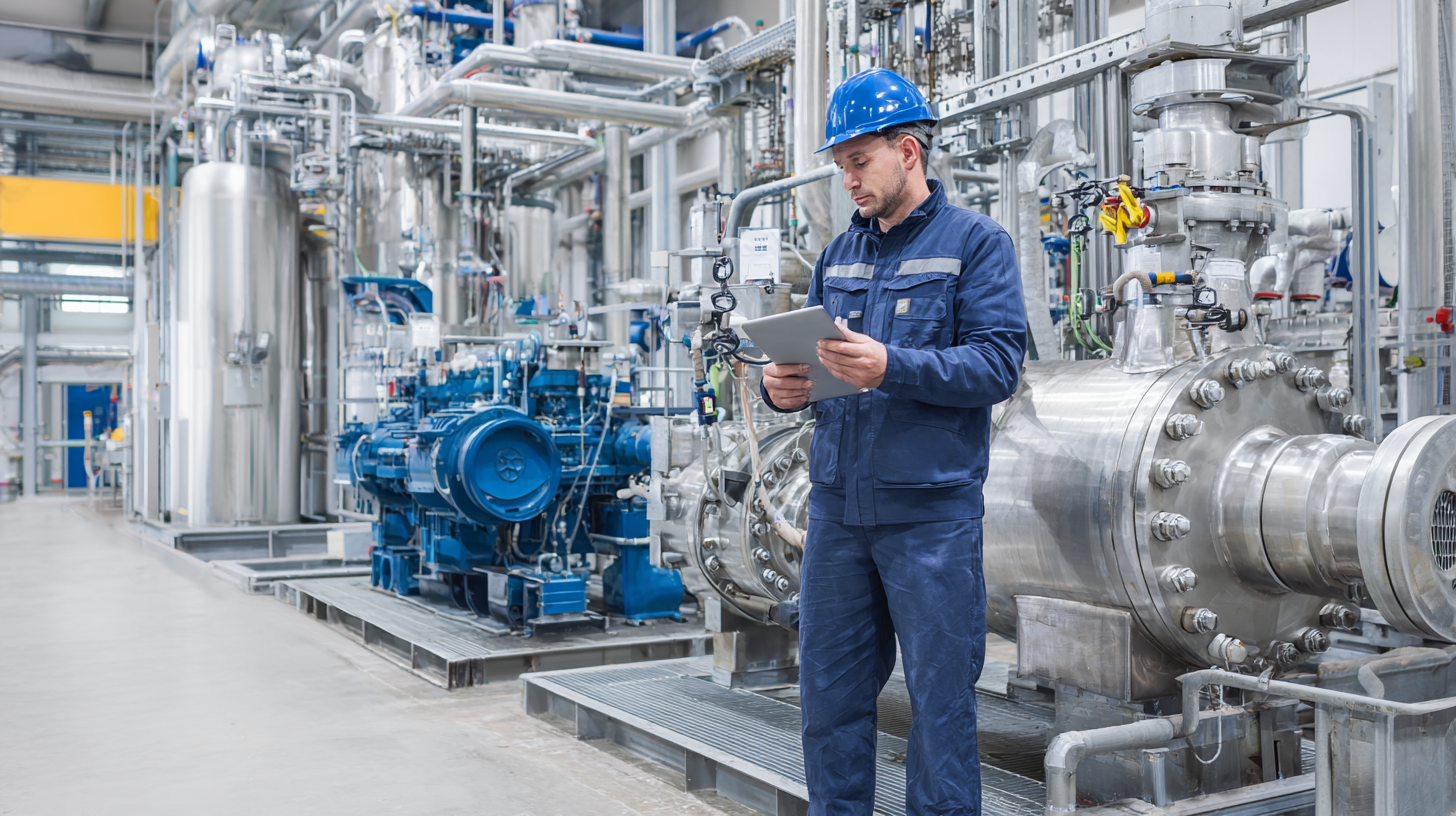
In today’s industrial landscape, pump specialists play a crucial role in ensuring the efficient operation of various processes across multiple sectors. As industries become increasingly reliant on advanced technology and automation, the demand for skilled professionals who understand the intricacies of pump systems has surged. These specialists not only possess in-depth knowledge of pump design and functionality but are also adept at troubleshooting and optimizing system performance, which is vital for maintaining productivity and reducing operational costs.
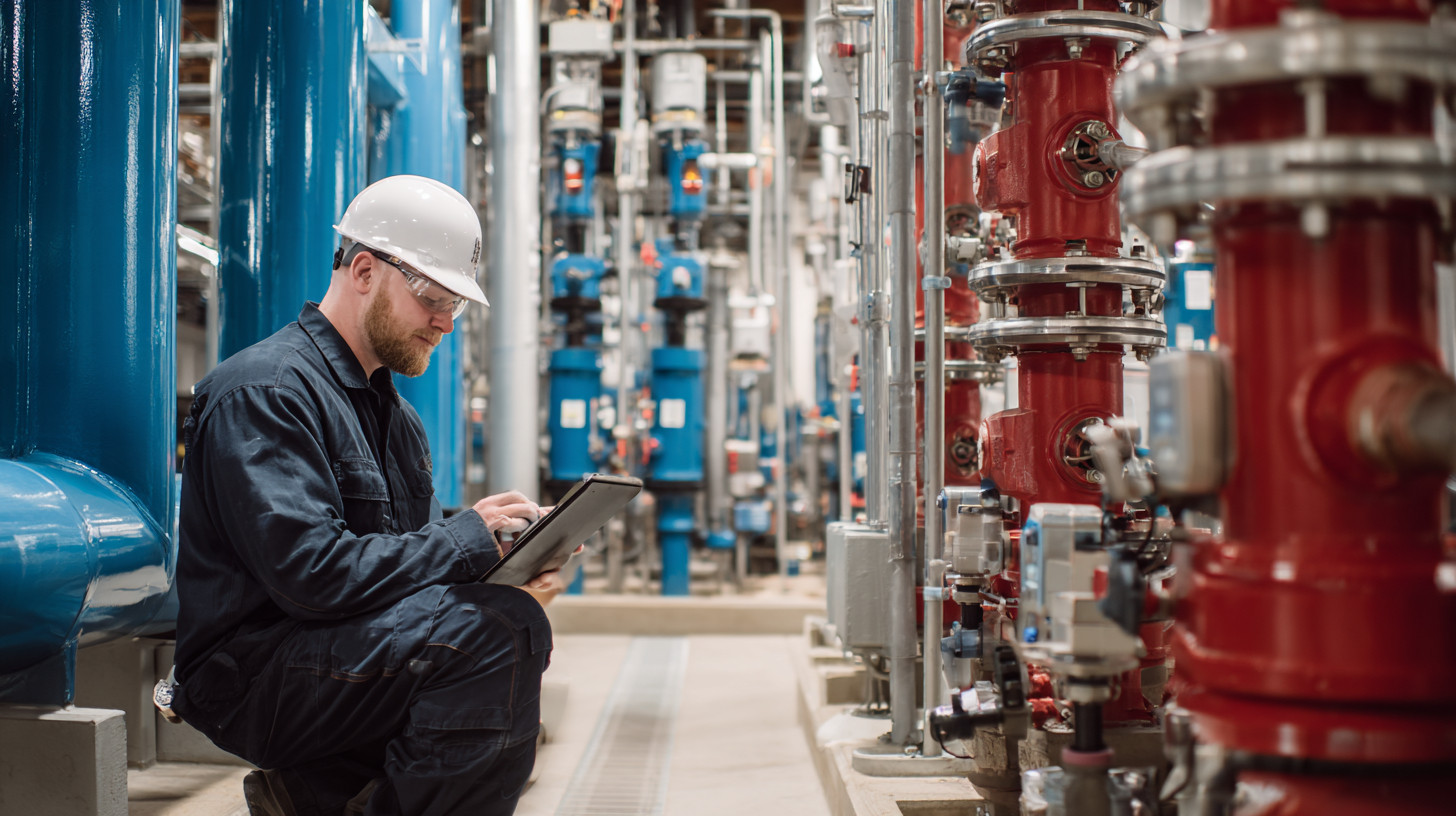
The importance of pump specialists is particularly evident in industries such as oil and gas, pharmaceuticals, and water treatment, where the integrity and reliability of fluid movement are paramount. Their expertise helps to avoid costly downtimes and potential safety hazards by implementing preventive maintenance strategies and rigorous monitoring systems. Furthermore, as environmental regulations become more stringent, pump specialists are essential in designing and optimizing systems that reduce waste and energy consumption, thereby contributing to sustainability efforts within the industrial sector.
A pump specialist plays a crucial role in modern industrial applications, focusing on optimizing the performance and efficiency of pumping systems across various sectors. One of the primary responsibilities of a pump specialist is to conduct thorough inspections and troubleshoot existing pumping systems.
According to a report by the International Journal of Engineering Research and Technology, improper maintenance can lead to inefficiencies resulting in about 20-30% increase in operational costs. Therefore, a pump specialist must employ diagnostic techniques that can identify issues early, ensuring uninterrupted operations and cost savings for the company.
Additionally, pump specialists are tasked with designing and implementing pumping solutions that meet specific industrial needs. This includes selecting appropriate pump types—whether centrifugal, positive displacement, or submersible pumps—tailored to the fluid properties and system requirements.
Industry data from the Pumps & Systems magazine indicates that customized pumps designed by specialists can improve system efficiency by up to 25%. Moreover, they are responsible for creating preventative maintenance schedules and training staff on best practices, which contributes significantly to reducing downtime and extending the lifespan of pumping systems.
The role of a pump specialist in modern industrial applications is integral to ensuring efficient system operation and longevity. To excel in this field, a profound understanding of mechanical engineering principles is essential. Specialists must be skilled in interpreting technical drawings and schematics, allowing them to troubleshoot and design effective pump systems. Knowledge of fluid dynamics also plays a crucial role, enabling them to optimize performance while considering factors like viscosity, flow rates, and pressure.
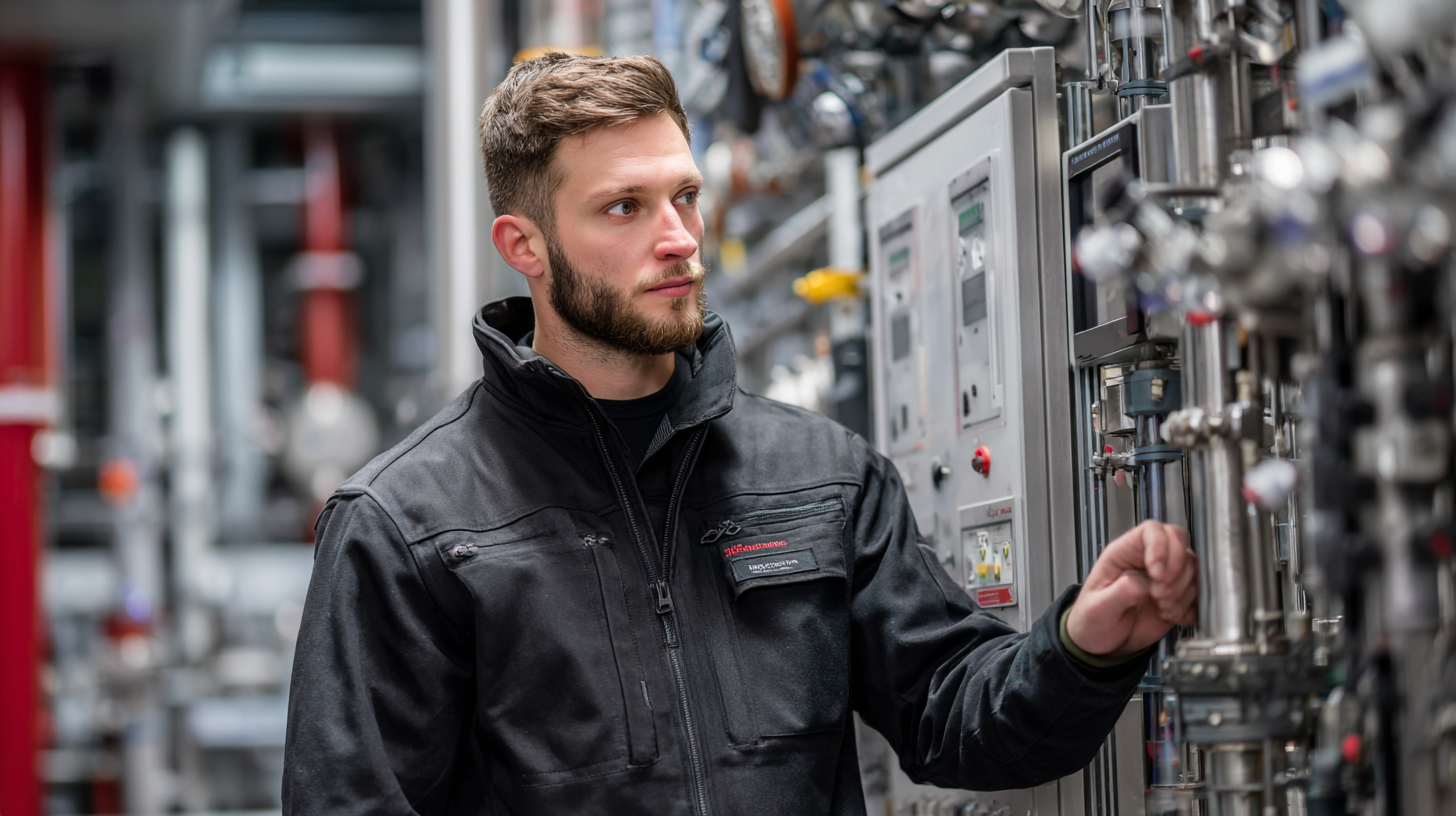
In addition to technical expertise, effective communication and problem-solving skills are vital for pump specialists. They often work in teams and must convey complex information clearly to engineers, technicians, and management. Additionally, being adept at project management helps them ensure that projects meet deadlines and remain within budget. Continuous learning is also critical, as advancements in technology require specialists to stay updated on the latest developments in pump systems and materials. Overall, a combination of technical know-how and interpersonal skills defines the success of a pump specialist in the industrial landscape.
In modern industrial applications, pump specialists encounter a myriad of challenges that stem from environmental changes and technological advancements. With increasing threats to water resources—such as pollution, over-extraction, and climate change—pump specialists must adapt their skills to ensure the efficient and sustainable operation of pumping systems. For instance, the integration of electromagnetic flow meters in water pumping stations highlights the necessity for specialists to understand advanced measurement technologies that provide precise flow data, which is crucial for optimizing resource management.
Moreover, the rise of hybrid renewable energy sources further complicates the role of pump specialists. The incorporation of energy storage systems alongside these renewable technologies requires specialists to possess a deep understanding of both mechanical and electrical systems. This dual knowledge allows them to effectively design, implement, and maintain hybrid renewable energy water pumping systems (HREWPS). As such systems become pivotal in combating resource scarcity, pump specialists are challenged to innovate and enhance the efficiency of pumping solutions while navigating the complexities of modern energy demands and environmental stewardship.
As industries continue to evolve with rapid technological advancements, the role of pump specialists is increasingly essential. These professionals not only maintain and repair pumping systems but also contribute to the integration of smart technologies within industrial applications. With the rise of automation and data analytics, pump specialists are now tasked with understanding complex systems that incorporate IoT (Internet of Things) devices, enabling real-time monitoring and predictive maintenance. This shift not only enhances system efficiency but also minimizes downtime and operational costs.
Looking toward the future, the demand for pump specialists will likely grow as industries embrace sustainability and energy efficiency. Professionals in this field will need to stay abreast of emerging technologies, such as variable frequency drives and advanced materials that improve pump performance and reduce environmental impact. The ability to innovate and adapt to new technologies will set apart successful pump specialists, positioning them as key players in advancing industrial strategies. As industries increasingly prioritize sustainable practices, the expertise of pump specialists will be vital in designing systems that align with greater environmental goals while maintaining performance and reliability.

